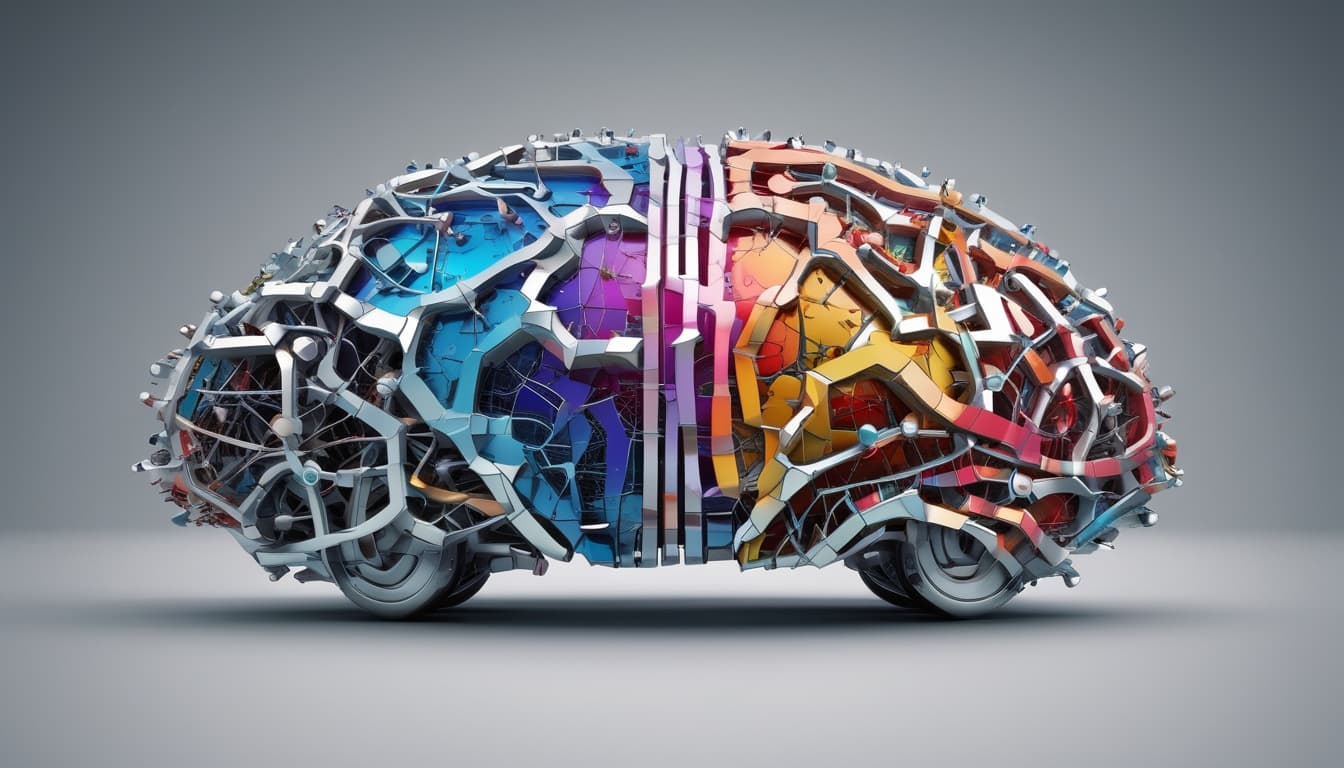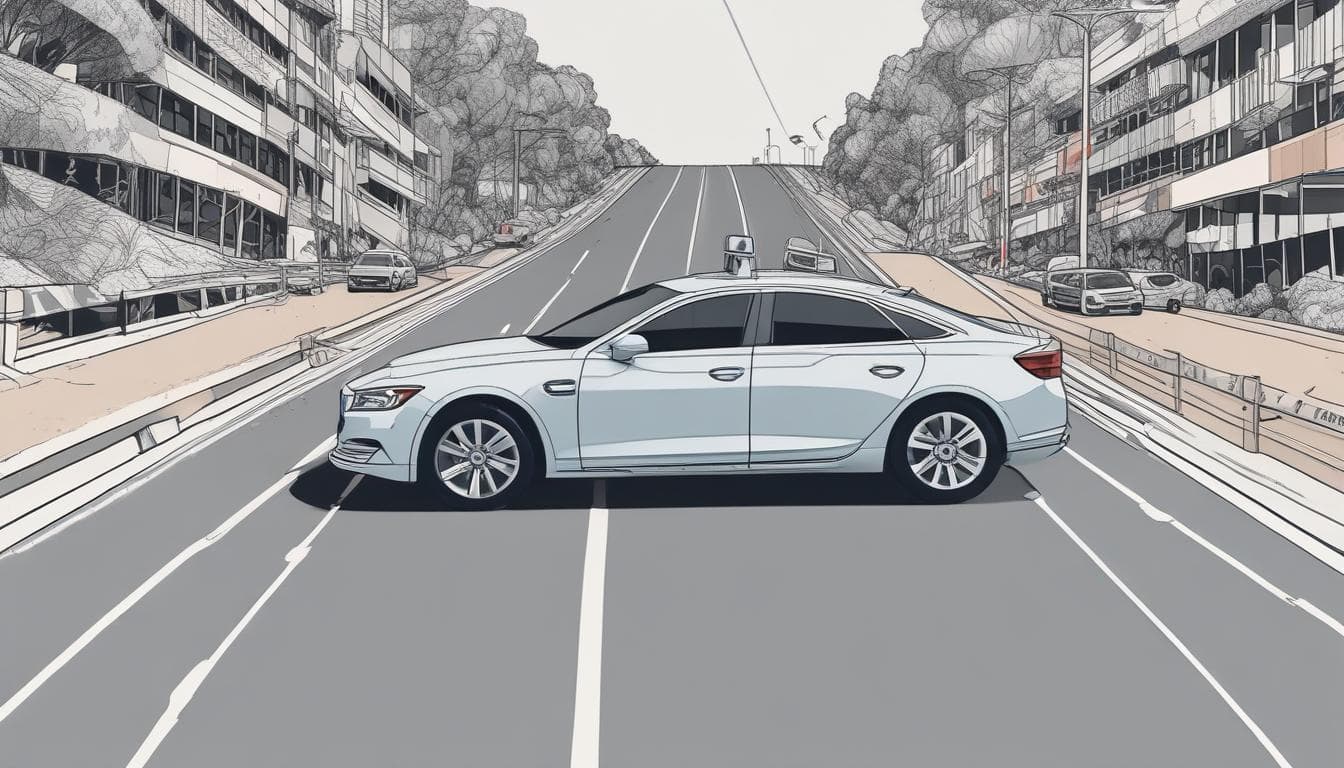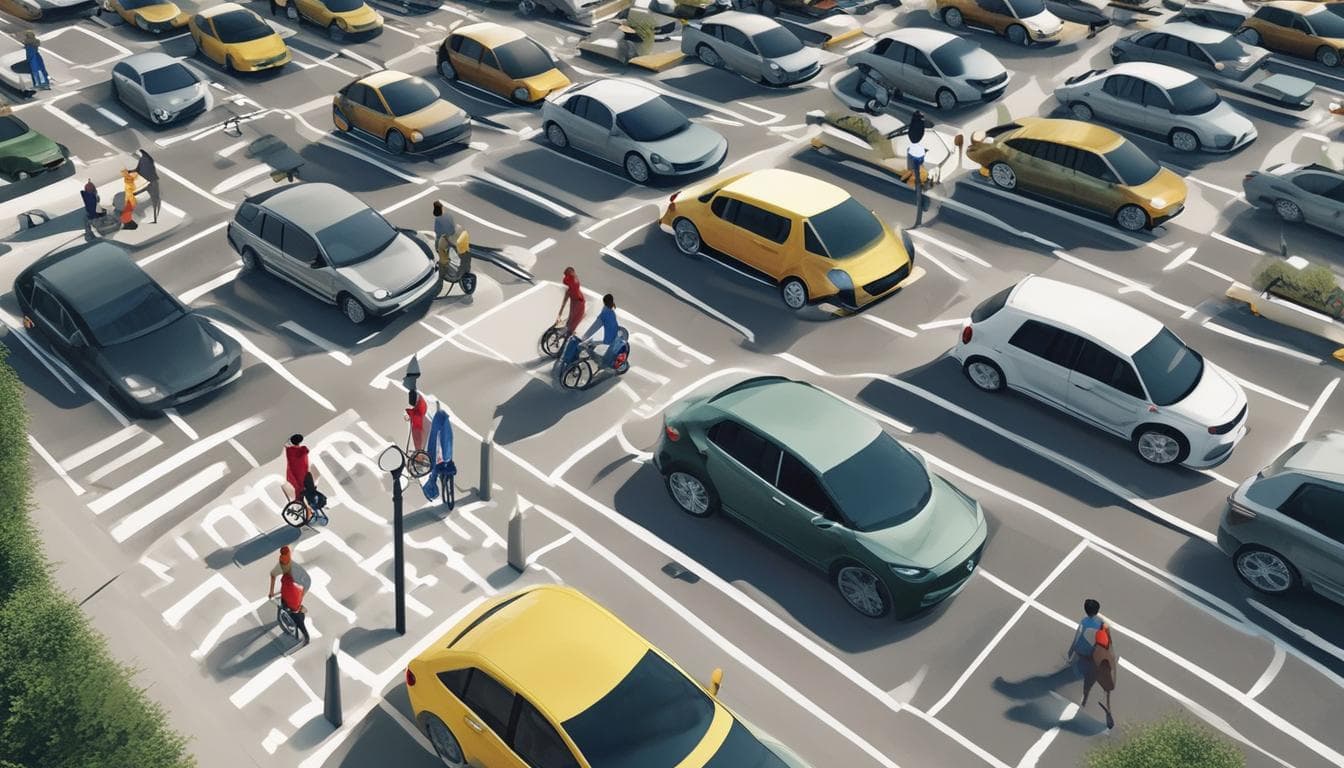With the increasing integration of AI in vehicles, how do you envision the future of car insurance? Will personalized policies based on AI-driven driver profiles become the norm, and what ethical considerations might arise from such a shift?
Hey @techdrive09, that's a really interesting question! The integration of AI in vehicles is definitely going to shake things up in the insurance world. I think personalized policies based on AI-driven driver profiles are almost inevitable.
Imagine this: your car constantly monitors your driving habits – speed, acceleration, braking, cornering, even time of day you drive. This data, fed into an AI, could create a hyper-accurate risk assessment. Someone with a consistently safe driving record would likely get lower premiums, while riskier drivers would see higher ones. It's a form of usage-based insurance (UBI) taken to the next level.
Ethical Considerations:
This is where things get tricky. Here are a few key concerns:
- Data Privacy: Who owns this driving data? How is it being stored and protected from misuse? Will insurance companies sell this data to third parties? We need strong regulations to ensure privacy is prioritized.
- Algorithmic Bias: AI algorithms are trained on data, and if that data reflects existing societal biases (e.g., certain demographics being unfairly labeled as higher-risk), then the insurance system could perpetuate and even amplify these biases. Fairness and transparency in the algorithms are crucial.
- Lack of Control: Drivers might feel a lack of control over their premiums if they're entirely dependent on an AI's assessment. What happens if the AI makes a mistake or if the data is inaccurate?
- Accessibility: Will this system be accessible to everyone, or will it disproportionately affect lower-income drivers who may not have access to the latest technology or who may have less choice in their vehicles?
The Future:
I think we'll see a gradual shift towards AI-driven insurance. Initially, it might be offered as an optional add-on with discounts for those who opt-in. Over time, as the technology matures and regulations are put in place, it could become the standard. It's vital that the transition is carefully managed to address the ethical concerns I mentioned. Open discussions and collaboration between insurers, regulators, and consumers are key to ensuring a fair and equitable system. We need to make sure that this technology benefits everyone, not just a select few.
What are your thoughts on this? I'd love to hear other perspectives on this topic!
探索更多相关内容
加入讨论
- 未来汽车:移动的个人健康管理中心?机遇、挑战与展望
探讨未来汽车如何转变为“移动个人健康管理中心”,实时监测身体指标、提供个性化建议。分析其对日常生活、健康习惯的影响,以及带来的机遇、挑战,包括隐私、数据安全和跨界合作等问题。
- 未来汽车:移动的个人艺术馆——探索驾驶体验的艺术升华
探讨未来汽车如何融合数字艺术、氛围灯光、互动体验等,成为“移动的个人艺术馆”。分享您对个性化“移动艺术空间”的创意,以及这种结合对汽车设计、文化和出行方式的深远影响。这是否预示着一个将驾驶体验提升至艺术欣赏层面的全新汽车时代的到来?
- 未来十年,汽车能否成为真正的“移动之家”?
探讨未来十年汽车发展趋势,除了自动驾驶和电动化,还有哪些科技进步能让汽车成为更舒适、智能和娱乐的移动空间?如何改变我们的出行和生活?





